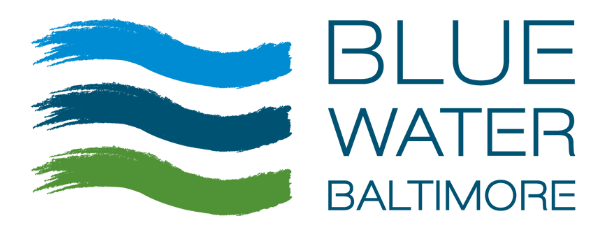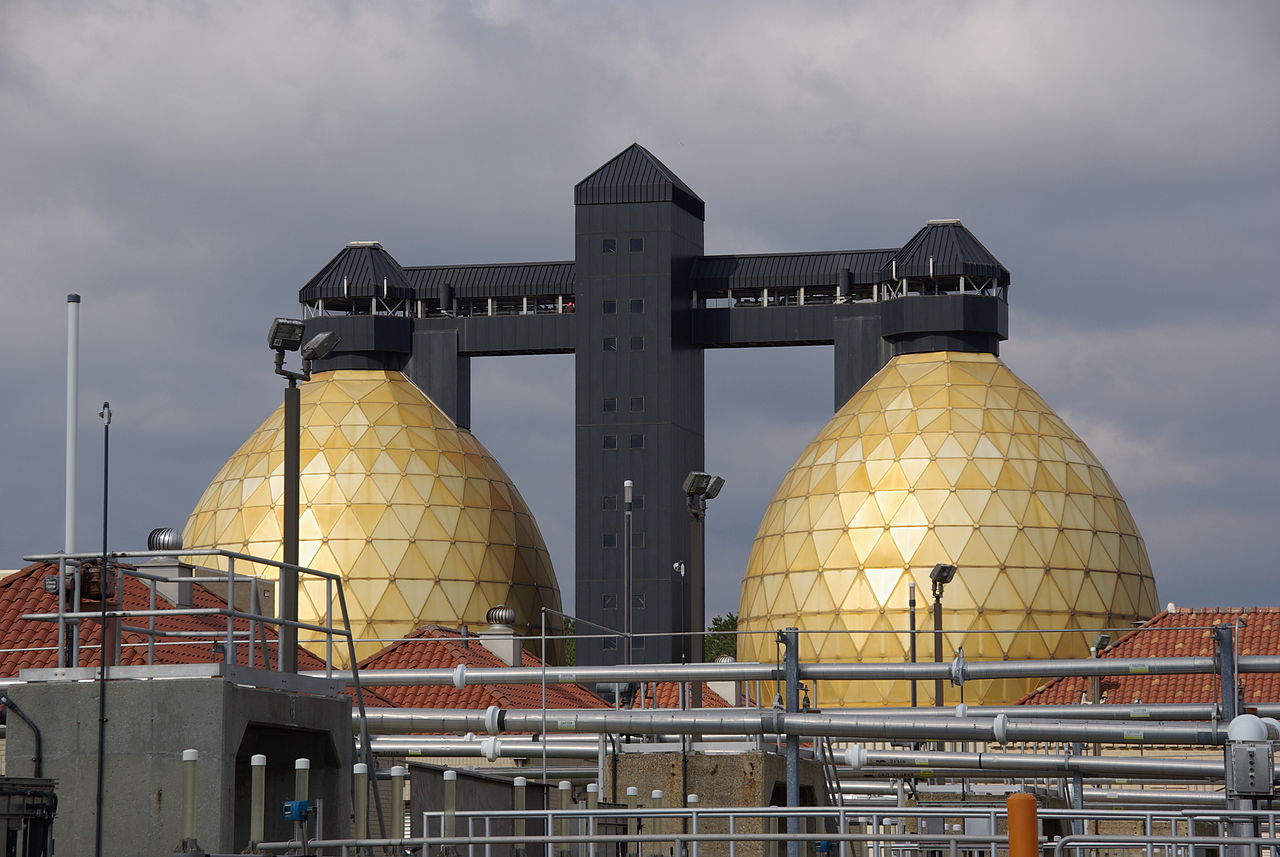Wastewater Treatment Plant Update
Photo: Kristian Bjornard/Wikimedia Commons
Baltimore City’s WWTP Progress is Under Judicial Scrutiny as Parties Near Consent Decree Negotiations
Over a year ago, Blue Water Baltimore, represented by Chesapeake Legal Alliance and Barley Snyder, filed a notice of intent to sue Baltimore City for violations of the Clean Water Act at the two biggest wastewater treatment plants in the state of Maryland.
Based on the severity of the violations and the deteriorating conditions at both plants, Blue Water Baltimore filed a motion for preliminary injunctive relief in May 2022. This motion was a request to the court for immediate intervention, to compel the City to take specific actions that would curb the pollution being discharged from the plants and protect public health.
After hearing arguments from Blue Water Baltimore and Baltimore City in July 2022, the judge decided that she needed more information before coming to a decision about granting this exceptional request. While it is clear that severe violations have occurred, the legal bar for preliminary injunctive relief is extraordinarily high.
In the months that followed, we are pleased to report that the levels of pollution coming from both facilities are trending in the right direction. Blue Water Baltimore has never wavered from demanding quick action from the City that will bring these plants back into compliance, and that consistent pressure coupled with enhanced State-level oversight has resulted in improved performance at both plants.
Because of these improvements, the judge in our federal case ruled on October 11, 2022 that injunctive relief is not necessary at this time. Instead, the judge has ordered Baltimore City to submit monthly status reports to the court, to ensure that progress continues. Additionally, the court has reserved the right to revisit the motion for relief if the WWTPs begin to backslide.
There is still a significant amount of work to be done, and there are many issues that have not been addressed. But our involvement in this case is resulting in enhanced accountability and cleaner water for Baltimore residents. We are moving forward with both our federal and state enforcement actions, and we look forward to develop a legally-binding Consent Decree with all parties involved that will stop the excessive flow of pollution and account for the damage that has already been done to our rivers, and the people who live, work, and recreate near them.

